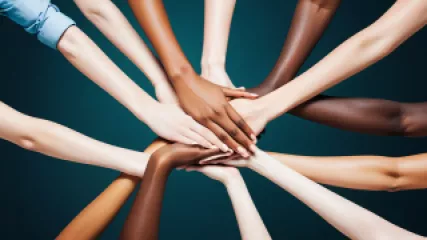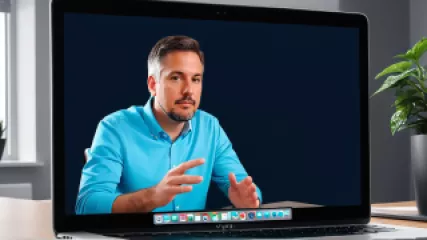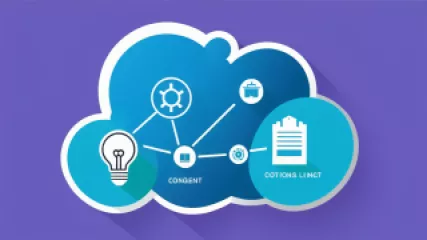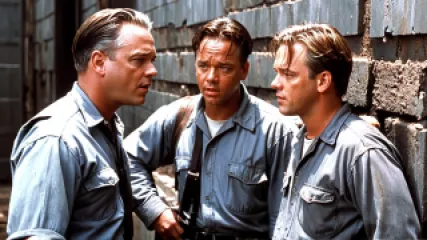Overcoming Online Addiction: A Step-by-Step Guide
1 year ago
Addiction
The Surprising Power of Empathy: Why It Matters More Than You Think
1 year ago
Empathy
Sustainable Self-Care Lessons from "The Lorax"
1 year ago
Psychology of Sustainability
Learning to Break Free from Victimhood through Film and Literature
1 year ago
Overcoming Victim Mentality
My Journey Through Virtual Crisis Support
1 year ago
Crisis Intervention
What are the Advantages of a Social Media Detox?
1 year ago
Social Media Detox Benefits
15 Common Cognitive Distortion Types to Identify and Address
1 year ago
Cognitive Distortion Types
My Personal Journey Overcoming Emotional Disorders
1 year ago
Emotional Disorders
Proven Depression Self-Help Tips: 7 Steps to Manage Symptoms
1 year ago
Depression Self Help Tips
A Step-by-Step Guide to Understanding and Overcoming Compulsive Behaviors
1 year ago
Understanding Compulsive Behaviors
Overcoming My Crippling Phobia: A Personal Journey
1 year ago
Phobias
The Ultimate Guide to Dealing with Divorce
1 year ago
Dealing with Divorce
5 Powerful Mindset Lessons from "The Shawshank Redemption"
1 year ago
Mindset Change
Lessons from "Good Will Hunting" to Improve Mental Health with Apps
1 year ago
Mental Health Apps
How to Find Therapeutic Benefits Through Fashion
1 year ago
Psychology of Fashion














